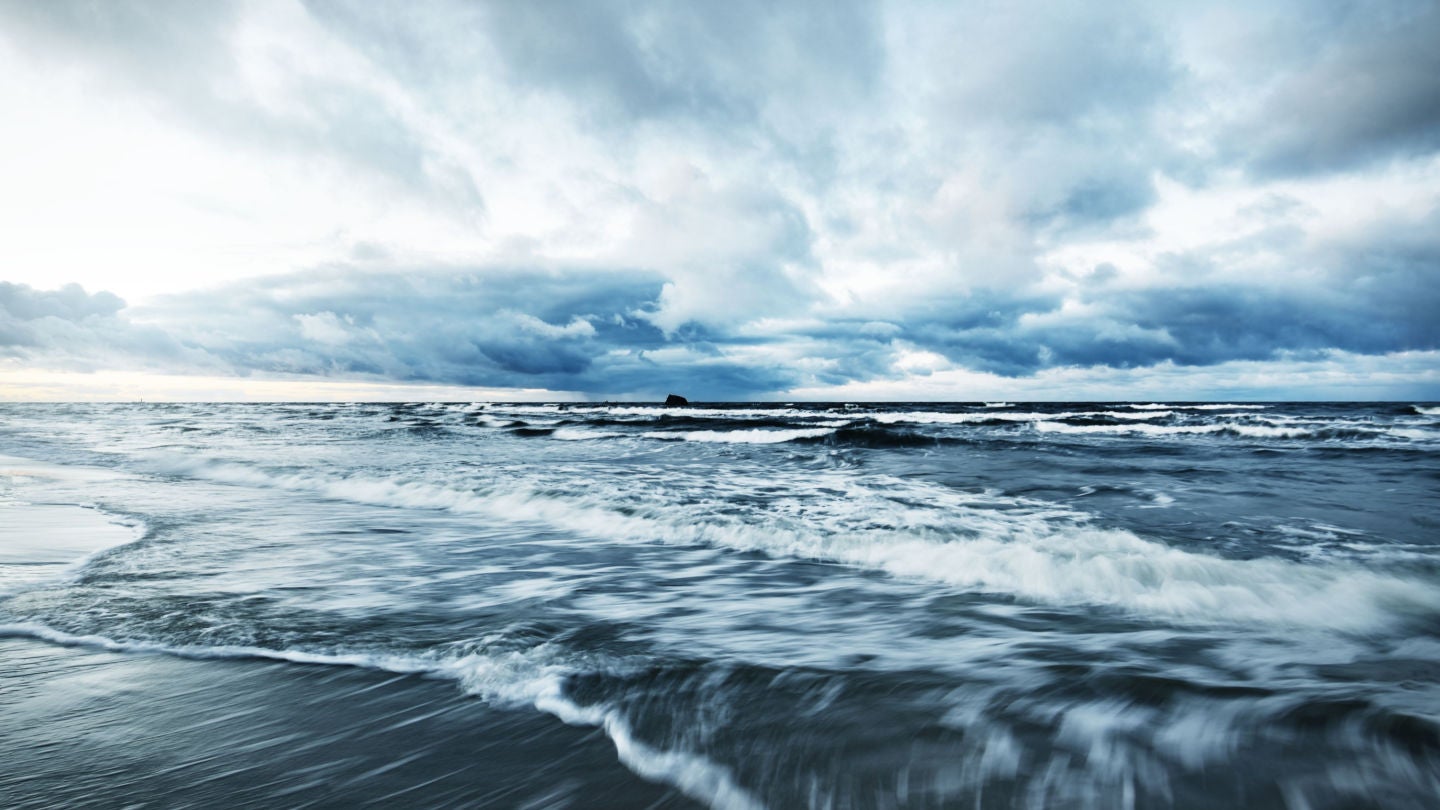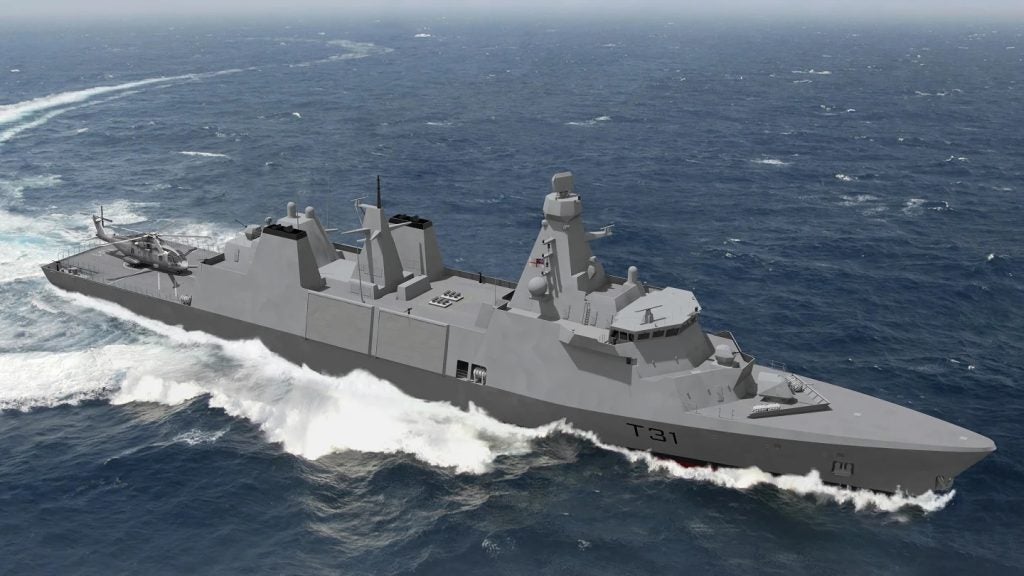The Nord Stream pipeline blast in the Baltic has raised anxieties around sabotage; and enforcement of international law to prevent a blockade of Ukraine and ensure continued freedom of the seas represent important stakes for Nato.
In this light, Nato is considering its posture in the region, bolster its Naval presence and the accompanying ecosystem for basing, repairs, supply, and interoperability. Nato’s Maritime Command has typically given more attention to the Mediterranean, Atlantic and North Sea, but three Nato countries – Bulgaria, Romania, and Turkey – are littoral states in the Black Sea. Indeed, some argue Turkey’s geopolitical ambitions have alienated its Nato partners, which may make reducing dependence on them more attractive. This shifts the burden of increased Black Sea operations onto Romania and Bulgaria – but these are two of the poorest states in Nato.
Between them they operate just seven vessels that could be considered ‘major’ surface combatants, all of them ageing escort frigates backed by handfuls of Soviet-era corvettes and missile boats. Both countries have unfunded aspirations to acquire replacement frigates and have suffered setbacks trying to finalise contracts. Yet there are promising signs: The keel was laid for one of two new patrol ships for Bulgaria in June 2022, and Romania is negotiating with Navantia and Naval Group for three Scorpene-class submarines. This would make them the first Nato operators of this type. These developments while encouraged, face significant hurdles as naval construction lead times are long, investment in skilled technicians and their retention is vital, and procurement budgets in Bulgaria and Romania are constrained even before one considers corruption issues and political instability making long-term defence planning difficult.
Black Sea history
Historically, the Black Sea region has been a vulnerable point in times of conflict with the Bosporus strait forming a natural chokepoint restricting access to the Mediterranean which Turkey regulates military activity through the Bosporus via the Montreux Convention. Russia’s invasion of Ukraine in February 2022 has brought these issues back in focus, with Russian submarines and cruisers have been restricted from entering or leaving the Black Sea since.
In addition, the conflict has shown the danger posed by naval mines and the heightened sphere of operations with a US drone being brought down by a Russian jet in March 2023. Nevertheless, there are critical interest in the Black Sea itself: the EU is building an undersea electric cable connecting Georgia and Azerbaijan with the European mainland via Romania, and extant pipelines are vital as Europe transitions away from Russian gas.
See Also:
European cooperation
European cooperation can step in to support Romania and Bulgaria. Through the EU’s Permanent Structured Cooperation (PESCO) initiative, members can pool resources and coordinate supply for new acquisitions, research, and development, and support multinational force groups. Both countries have been members since 2017, and projects such as the European Patrol Corvette showcase the potential to cheaply develop modular and cost-effective platforms when the work is split between over 12 countries. The vessels are expected to cost around €250-300 million but are likely the most feasible way for these Balkan nations to acquire new, current-generation warships rather than second-hand purchases.
How well do you really know your competitors?
Access the most comprehensive Company Profiles on the market, powered by GlobalData. Save hours of research. Gain competitive edge.

Thank you!
Your download email will arrive shortly
Not ready to buy yet? Download a free sample
We are confident about the unique quality of our Company Profiles. However, we want you to make the most beneficial decision for your business, so we offer a free sample that you can download by submitting the below form
By GlobalDataNato ports
However, Romania and Bulgaria cannot be expected to bear the whole burden of operations. Nato’s Maritime Command operates standing multinational groups that could serve as a template. Operation Sea Guardian is a maritime security operation in the Mediterranean that stands as an example of successful cooperation to generate a persistent and active regional presence.
As land logistics through this region are considered sparse, necessitating the forward positioning of supplies important to create comfortable margins for contingency operations. There are Nato ports at four locations on the Black Sea – two in Northern Turkey, one at Varna in Bulgaria and a final one at Constanta in Romania.
At the same time, air power will continue to play a crucial role, and here the whole alliance contributes. British Eurofighters and Dutch F-35s have been intercepting Russian jets launching from Crimea with increasing frequency since the war in Ukraine. Bulgaria’s ongoing acquisition of 16 F-16V fighters, and Romania purchasing both F-35s and second-hand F-16s means progress is already on the way here.
Russia’s Black Sea Fleet will likely remain a challenge in the region long after the war in Ukraine ends, but Nato’s South-eastern flank should use this period of European rearmament to start planning for whatever threats materialise.










Related Company Profiles
Naval Group